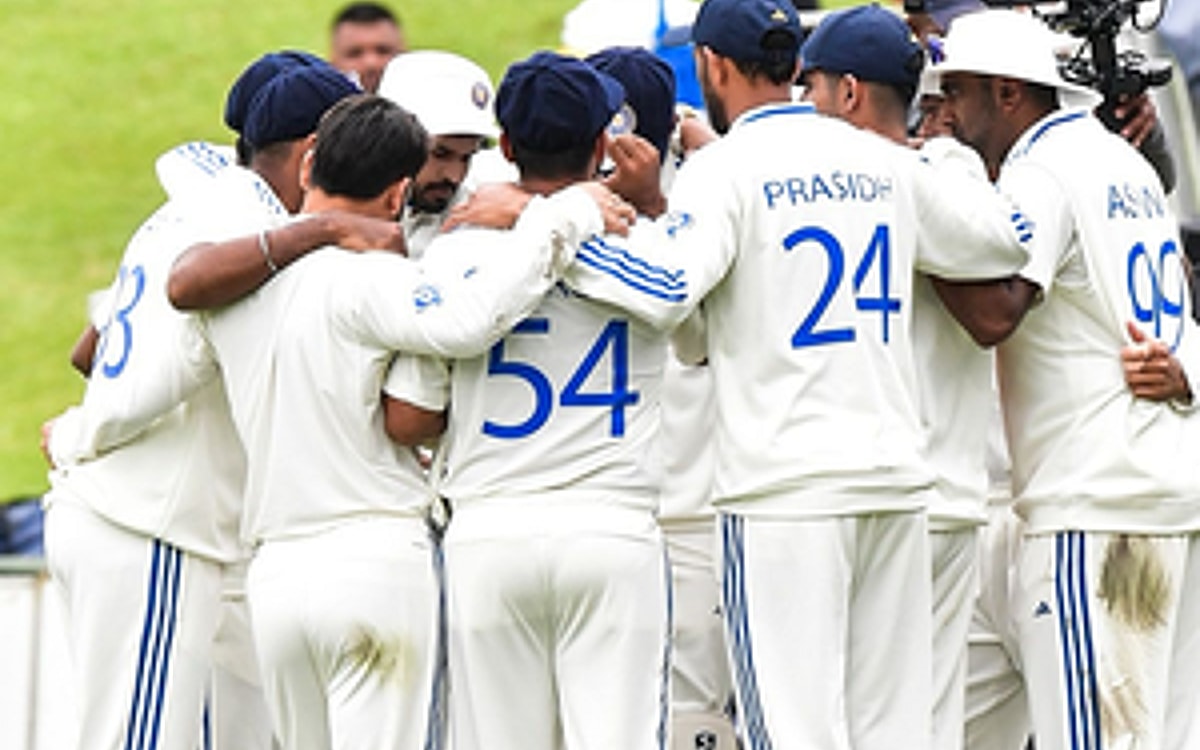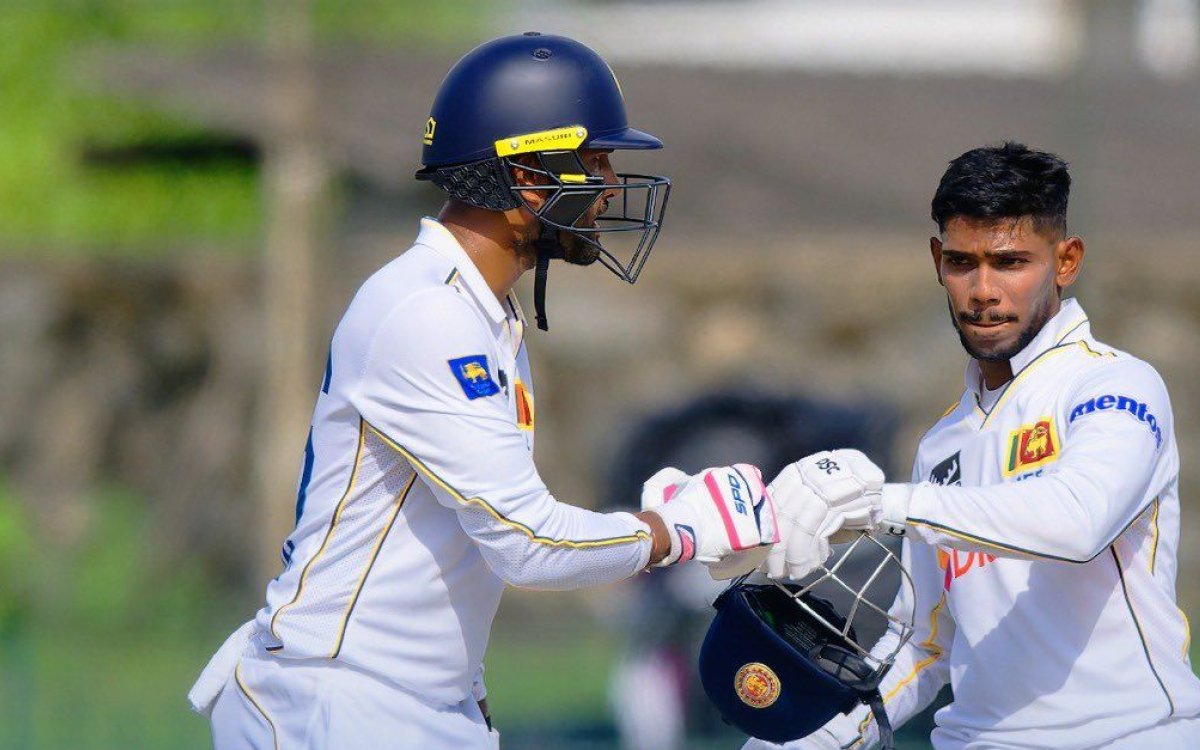Captain Dean Elgar: After being bowled out for their lowest total of mere 55 runs at the stroke of lunch on Day 1 in the second Test against India, South Africa’s decision to bat first left former Indian cricketer Sunil Gavaskar surprised.
In a stunning turn of events at the Newlands venue in Cape Town, the second Test match between India and South Africa took an unexpected twist as the home side, captained by Dean Elgar, found themselves on the receiving end of a formidable Indian bowling attack.
South Africa’s previous lowest innings total against India in Tests was 79 at Nagpur in 2015. At home it was 130 at the same Newlands venue in 2018.
Sunil Gavaskar, while expressing his surprise at South Africa’s decision to bat first, highlighted the psychological aspect of the Indian team. Having suffered a defeat and poor batting performance in the previous innings, Gavaskar suggested that batting first on a fresh pitch would have put India on the back foot. He pointed out that South Africa could have capitalized on this vulnerability by choosing to bowl first, especially given their strong fast bowling lineup.
“Well, I tell you what I was a bit surprised by what happened. Because a lot of times, captains and coaches make a deal about what the pitch is gonna be. I think you’ve also got to look at the psychology of the Indian team, having been defeated in three days, having batted so poorly in the second innings and gonna be batting first on a fresh pitch would have been just a little bit defensive,” Sunil Gavaskar said while speaking to Star Sports.
“And I have thought that be South Africans with the fast bowlers that they have in their in their lineup could look to take advantage of the fact that they have not played any cricket in between and therefore put them in,” he added.
The star of the day was Mohammed Siraj, who delivered a career-best performance by claiming six wickets for just 15 runs. Exploiting the lively pitch, Siraj led India’s charge as they dismantled the South African batting lineup.
Captain Dean Elgar, who had earlier described the pitch as tricky with a few surprises, witnessed his team crumbling under the pressure of both the conditions and some questionable shot choices.
Gavaskar drew parallels to a past incident involving Australia, where they bowled India out for 36 runs and, in the subsequent Test in Melbourne, chose to bat first on a grassier pitch. However, this decision backfired as India managed to dismiss Australia for 190 and took control of the match. Gavaskar implied that Elgar could have learned from this example and applied pressure on India’s tentative batting lineup by putting them in to bat.
“Something similar happened in Australia two years ago, Australia dismissed India for 36. The next Test played in Melbourne, where the grass on the pitch was three millimetres more than the one at Adelaide. Australia batted first. India dismissed them for 190 got back in the game by the and they came into the bat on Day two. Here, it’s not Day two. The pitch had eased up considerably, so the psychology would have been. I mean, if I was the captain, I would have said No, I’m going to try and take advantage of the fact that they are not certain I’d like to insert India in,” Gavaskar added.


